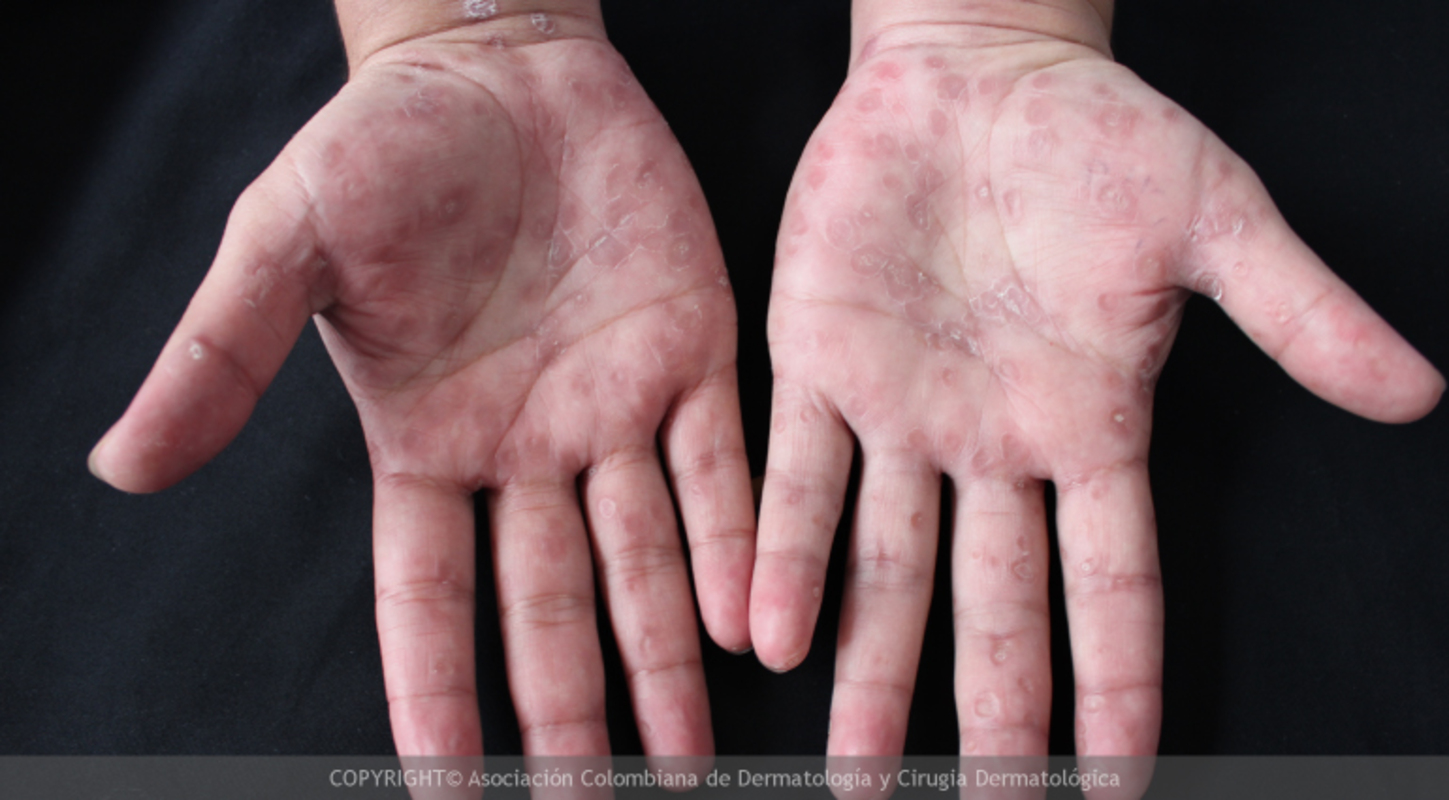
Levothyroxine Use Linked to Bone Loss: A Growing Concern for Older Adults
New research highlights the potential risks of prolonged levothyroxine use on bone density, urging healthcare providers to reassess treatment strategies.
Levothyroxine Linked to Bone Loss: Concerns Rise Over Its Use Among the Elderly
Levothyroxine, a widely used medication for treating hypothyroidism, has come under scrutiny due to its potential association with bone density loss in older adults. According to research presented at the annual meeting of the Radiological Society of North America (RSNA), prolonged use of levothyroxine may be linked to decreased bone density, even in patients with normal hormone levels.
Widespread Use of Levothyroxine
Levothyroxine is one of the most prescribed medications in the United States, particularly among individuals aged 65 and older. Approximately 23 million Americans—7% of the population—are estimated to use this drug. It is commonly prescribed to replace or supplement thyroid hormone in cases of hypothyroidism, a condition affecting millions across the country.
Recent Research and Findings
A study led by researchers at Johns Hopkins University analyzed data from over 400 patients aged 65 and older. The findings revealed that those who had taken levothyroxine for an average of six years experienced greater reductions in bone density and mass compared to those not using the medication. This effect was observed even in patients without thyroid hormone deficiencies.
Bone loss is closely tied to osteoporosis, a condition affecting millions of Americans over the age of 50. Osteoporosis weakens bones, making them prone to fractures from even minimal activities, such as coughing or sneezing. Severe fractures, such as those in the hip or spine, can lead to life-threatening complications in older adults.
Clinical Considerations and Recommendations
Experts suggest that even when following current treatment guidelines, levothyroxine use could still contribute to greater bone loss in older adults. It is important to evaluate the risks and benefits of continuing or initiating levothyroxine treatment in this age group. Regular monitoring of both thyroid function and bone health is recommended for patients taking this medication long-term.
Healthcare providers are encouraged to factor in these findings when prescribing levothyroxine, particularly for older patients, and further studies are needed to better understand the relationship between this treatment and bone health.











LEAVE A COMMENT:
Join the discussion! Leave a comment.